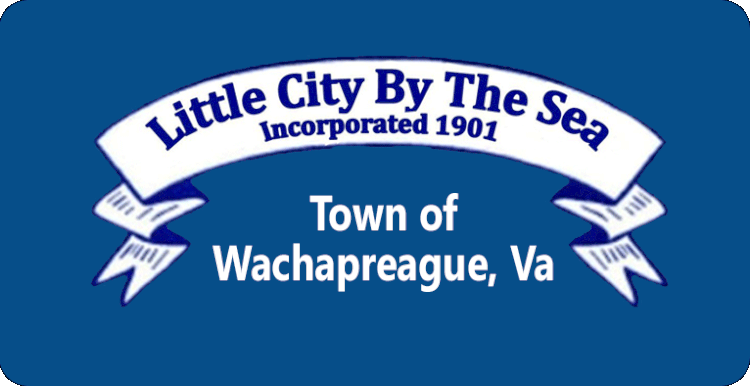Ordinances
Ordinances
Real Estate and Personal Property Taxes
The Ordinance establishes December 5th as the due date of annual Real Estate and Personal Property taxes and provides for a penalty for delinquent payment of taxes. Late fee charges of interest on delinquent taxes, attorney’s fees, collection agency’s fees, and administrative cost fees are incurred upon the collection of delinquent town taxes.
Maintenance of Lawns and Grounds
Grass must be kept shorter than 12 inches high. If the owner fails to keep their lawn cut the Town will do it at the owner’s expense. It is appreciated if you also keep shrubs and ornamentals trimmed, and over-growth controlled.
Construction Debris
Arrangements must be made in advance with your contractor to control and remove any significant debris resulting from additions/renovations to your property.
Leash Law
Accomack County and the Town of Wachapreague, prescribes that all dogs must be on a leash or under their owner’s control when outside the home.
Clean-up After Your Dog
Dog owners must clean-up after their dogs on public and private property within the Town of Wachapreague.
Zoning
The Town of Wachapreague requires permits before any construction work is begun. Please contact the Zoning Administrator.
Zoning Map- click on Zoning Map to view.
POPULAR DOCUMENTS
Copies of all Town ordinances are available at the Town Hall. Here are frequently referenced town documents:








